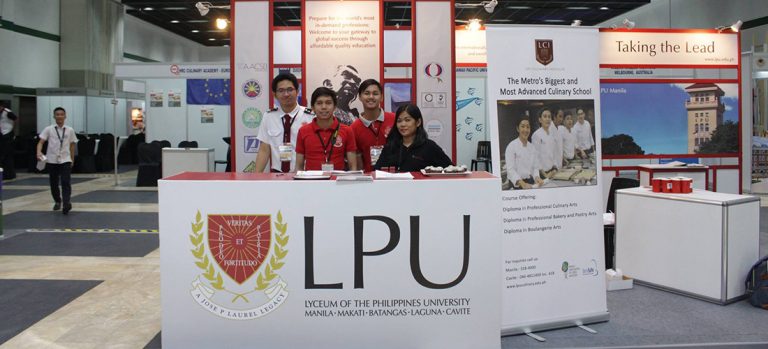Study travel agents in the Philippines are optimistic that changes to the high school system – including the addition of two further school grades and changes in the academic calendar – will have a positive impact on business.
The country has made Years 11 and 12 compulsory in the high school system, with the first full cohort of Year 12 students graduating in the spring of 2018.
Agents are hopeful that the change could impact positively on business, producing more clients potentially qualified for further and higher education overseas.
Roger Bartholomew of Inter-Ed agency told StudyTravel Magazine that he welcomed the change, but cautioned that the impact would be related to the degree of compatibility of qualifications.
“It may do [increase] but a lot will depend on whether universities will take the new high school graduates from Grade 12 directly into bachelor’s degrees. If they will, we could definitely see a rise in admissions; if not and they still have to go through foundation programmes/International Baccalaureate/A-levels, then numbers probably will not move very much.”
In a statement on a webpage dedicated to the K-12 transition, the Department of Education said the Philippines was the last country in Asia with a 10-year education system, and that the 12-year system was recognised as the standard for students and professionals globally.
Another structural change that could benefit the industry is the increasing alignment with the autumn academic calendar typical of most English-speaking destinations.
Mary-Grace Batocabe of Outbound Education and Internships said, “Some of the colleges and schools are shifting to international entry dates, a number of elementary and high schools are doing it as well. This would mean our students can join summer programmes abroad.”
Roger added, “A number of private high schools are switching to the new academic year, and these could definitely be a potential new market.”
Senator Francis Escudero, Chair of the Senate Education Committee, has recently filed a Senate Bill seeking to mandate that all public and private high schools switch their school start dates to August/September, rather than the current system that allows commencement from June.
“The synchronisation of the academic calendar will assist in the conduct of research between local and international universities as well as student participation in exchange programmes designed eventually to benefit local education,” he said.
In the explanatory note accompanying the proposed bill, Senator Escudero wrote, “[The] majority of the world’s top institutions start their academic calendar in August or September. And among the members of the ASEAN, only the Philippines follows the June-to-March academic calendar. Our engagement with the world’s top universities will be greatly facilitated with the alignment of our academic calendar with the rest of the world.”
Mary-Grace also advised that the two-year lull in higher education domestic enrolments caused by the transition to a K-12 system has also produced increased demand for teacher training programmes overseas from academic staff.
Commenting overall on business trends in the Philippines, Roger said, “Business is buoyant. Australia is still the main choice of destination; nursing, business, culinary/hotel management and accounting are the most popular courses.”
By Matthew Knott
News Editor
http://www.studytravel.network/magazine/news/Philippines_school_changes_study_travel_agents

Photo by Mike Gonzalez



